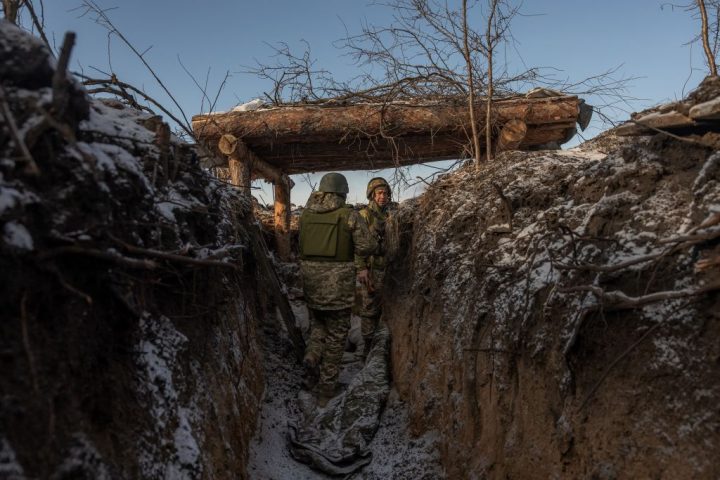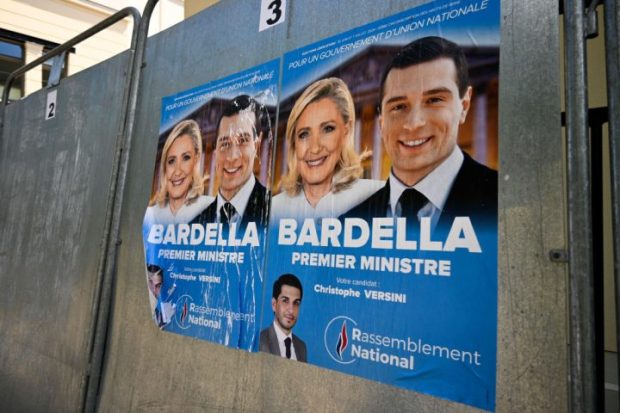Judging by the welcome uplift in commentary around the second anniversary of the Russian invasion of Ukraine, the popular western view appears to be that the war began on 24 February 2022. However, that aggression – the largest incursion by one European country on another since the Second World War – was just an explosive escalation of a war that had started ten years ago.
Already a subscriber? Log in
Subscribe for just $2 a week
Try a month of The Spectator Australia absolutely free and without commitment. Not only that but – if you choose to continue – you’ll pay just $2 a week for your first year.
- Unlimited access to spectator.com.au and app
- The weekly edition on the Spectator Australia app
- Spectator podcasts and newsletters
- Full access to spectator.co.uk
Or




















Comments
Don't miss out
Join the conversation with other Spectator Australia readers. Subscribe to leave a comment.
SUBSCRIBEAlready a subscriber? Log in